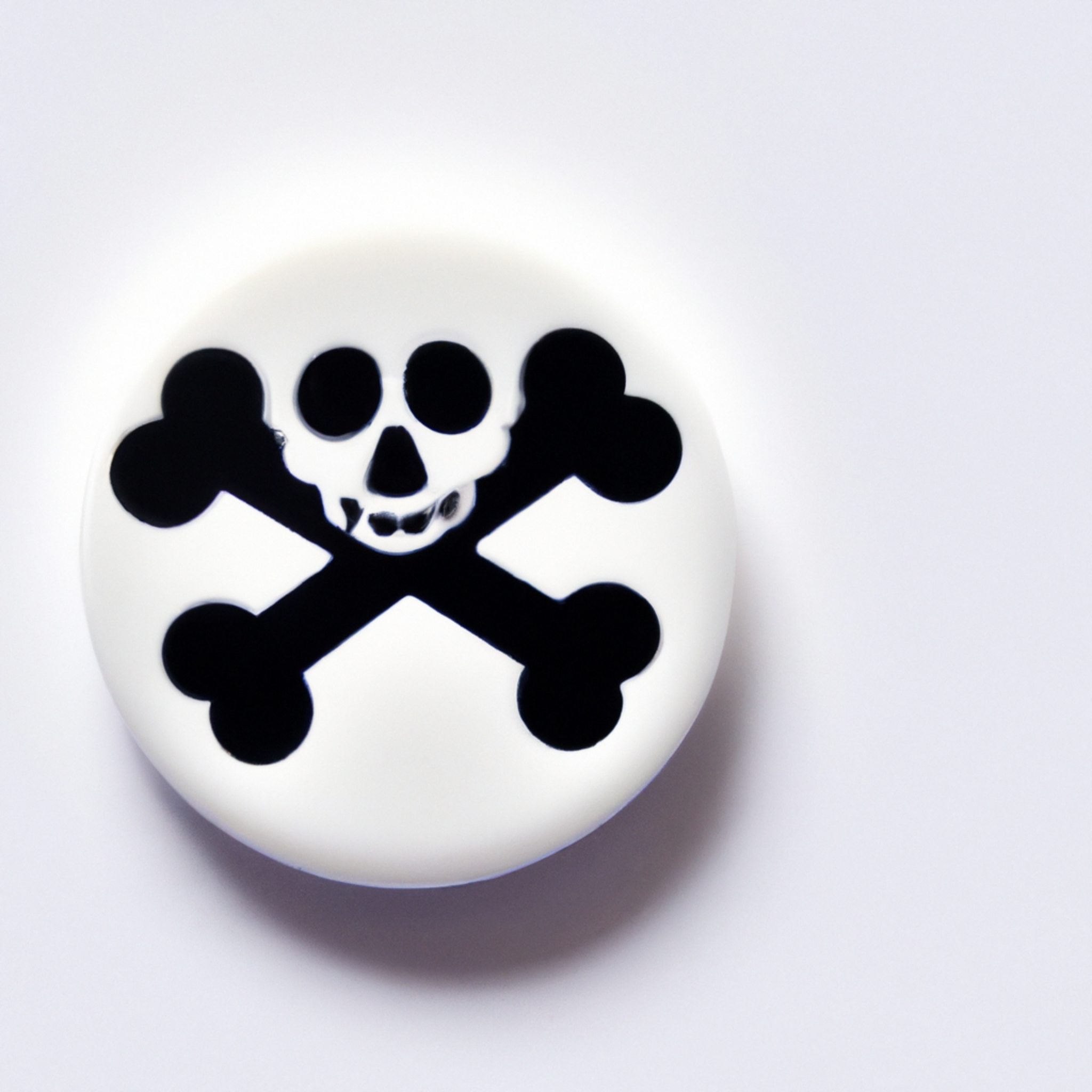Ubiquitous Therapy
As someone who in college majored in psychology and family and child counseling, I’m a proponent of therapy as an intervention in the case emotional difficulties. However, I am starting to question the potential overuse of therapy. Olga Khazan writes for The Atlantic about a study in which Australian teens with no history of mental health challenges were given therapy and actually saw negative outcomes as a result.
“Maybe everybody thinking about how anxious or hurt they are might not be the best idea,” says Jean M. Twenge, a professor of psychology at San Diego State University and the author of Generations. “We might be taking people who are doing just fine and trying to teach them these techniques, which may actually call attention to their distress.”
As use of therapy continues to increase, so do the problems it is meant to treat. In other words, the numbers of people reporting anxiety and depression are going up — just as therapy becomes more accessible. Jamie Ducharme covers this paradox for Time Magazine.
Trends are going in the wrong direction, even as more people seek care. “That’s not true for cancer, it’s not true for heart disease, it’s not true for diabetes, or almost any other area of medicine,” says Dr. Thomas Insel, the psychiatrist who ran the National Institute of Mental Health (NIMH) from 2002 to 2015 and author of Healing: Our Path from Mental Illness to Mental Health. “How do you explain that disconnect?”
Having spoken with some people who found themselves better off after discontinuing therapy, I wonder if it’s time we reexamine our therapeutic modalities. Those who were in this group simply found that they were happier not focusing on their problems.
Treasure Hoard
Join the newsletter to receive posts in your inbox.




